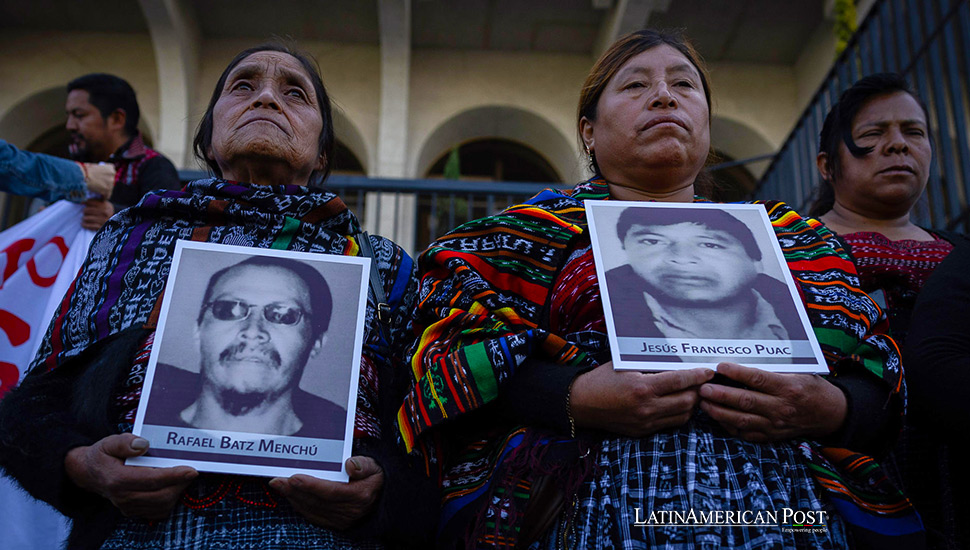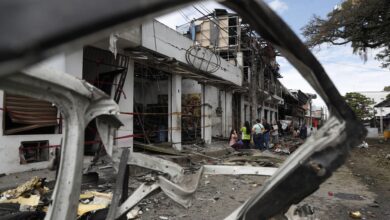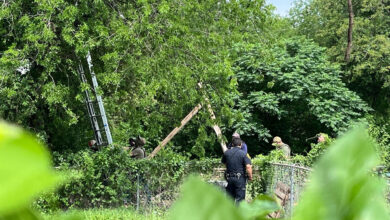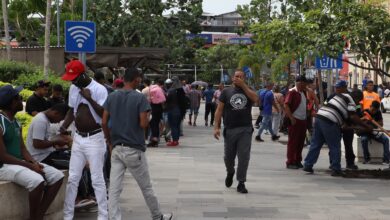Guatemala’s Long Road to Justice as Soldiers Finally Convicted for 2012 Indigenous Massacre

In a landmark ruling, a Guatemalan court convicted seven soldiers for their roles in the 2012 massacre of Indigenous protesters, marking a significant, albeit partial, step toward justice for a nation still healing from its civil war’s scars.
A Decade in the Making: A Landmark Verdict in Guatemala
In a profound moment of accountability over a decade in the making, Guatemala witnessed a significant legal milestone this Wednesday. A court delivered a mixed verdict in a case that has gripped the nation, convicting seven soldiers for their involvement in the killing of six Indigenous protesters in 2012, an event that family members and observers have labeled as the first state-sponsored massacre since Guatemala’s devastating civil war concluded in the 1990s.
The soldiers, part of a security force that clashed with Indigenous demonstrators, were found guilty of charges ranging from bodily injury to murder, with sentences extending to nearly eight years for the majority and over nine years for the individual convicted of murder. This decision comes as a bittersweet moment of partial justice for the victims’ families, who have waited over a decade for the court’s ruling.
The Violent Turn of Indigenous Demonstration
On October 4, 2012, the tragedy unfolded when hundreds from the Indigenous organization 48 Cantones of Totonicapan obstructed a segment of the Pan-American Highway. Their demonstration against soaring electricity costs and the closure of a teacher’s college took a violent turn, resulting in the deaths of six Maya K’iche men and injuries to more than 34 others. Initial accounts of the incident were conflicting, with the government under then-President Otto Perez claiming security forces only fired into the air in response to protesters’ provocations.
However, Indigenous participants and witnesses contended they were targeted directly by soldiers, challenging the official narrative and demanding accountability. While Guatemalan prosecutors accused Colonel Juan Chiroy of ordering the fatal shots, he, along with another soldier, was acquitted due to insufficient evidence. This verdict underscores the complexities and challenges of achieving full justice in such cases.
The court’s decision is symbolic of a broader struggle for Indigenous rights and justice in Latin America, where nations like Mexico, Colombia, and Brazil grapple with their histories of violence against Indigenous populations. In these countries, as in Guatemala, the fight for acknowledgment and redress continues, often against systemic indifference or hostility.
Endurance and Resilience: Indigenous Communities Stand Strong
As members of the 48 Cantones performed traditional ceremonies and held a Catholic mass outside the court in Guatemala City, their actions spoke to Indigenous communities’ enduring strength and resilience. These rituals honored the deceased and symbolized a continued commitment to seeking justice and recognition in the face of adversity.
While not entirely satisfying for all parties involved, Guatemala’s ruling represents a critical step forward in the nation’s long and arduous journey toward reconciling with its past. It highlights the importance of legal accountability in addressing historical injustices, even as it reminds us of the long road still ahead in fully honoring the rights and memories of Indigenous victims.
Also read: Guatemala’s Peace Process Demands Renewed Commitment to Victim’s Closure
This case is a pivotal moment for Guatemala and a poignant reminder to the rest of Latin America of the ongoing need to confront and heal from the legacies of violence that continue to haunt the region. As the international community watches, the hope is that this verdict will not only bring some measure of peace to the victims’ families but also spark further action towards comprehensive justice and reconciliation for all Indigenous peoples across Latin America.




